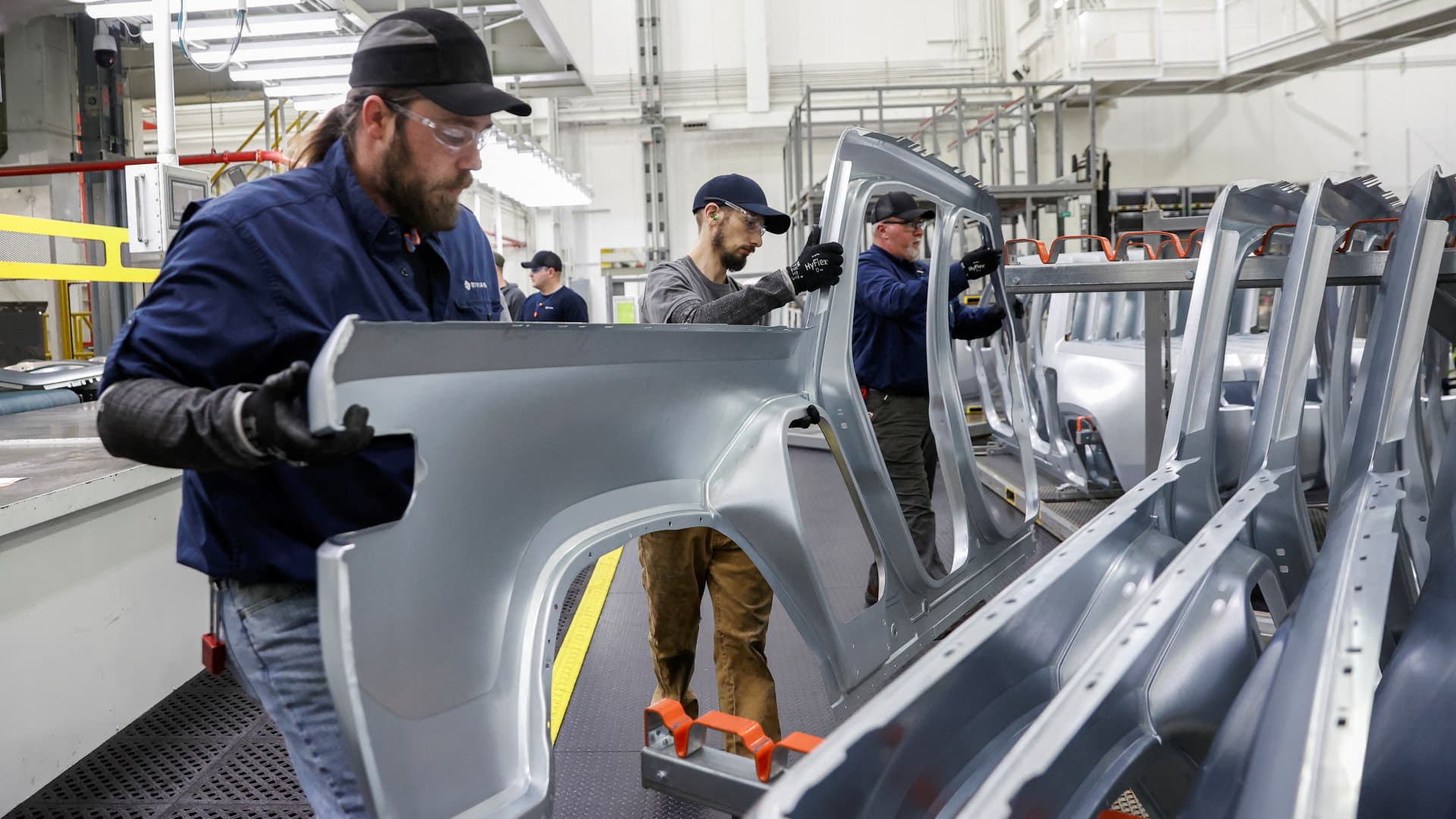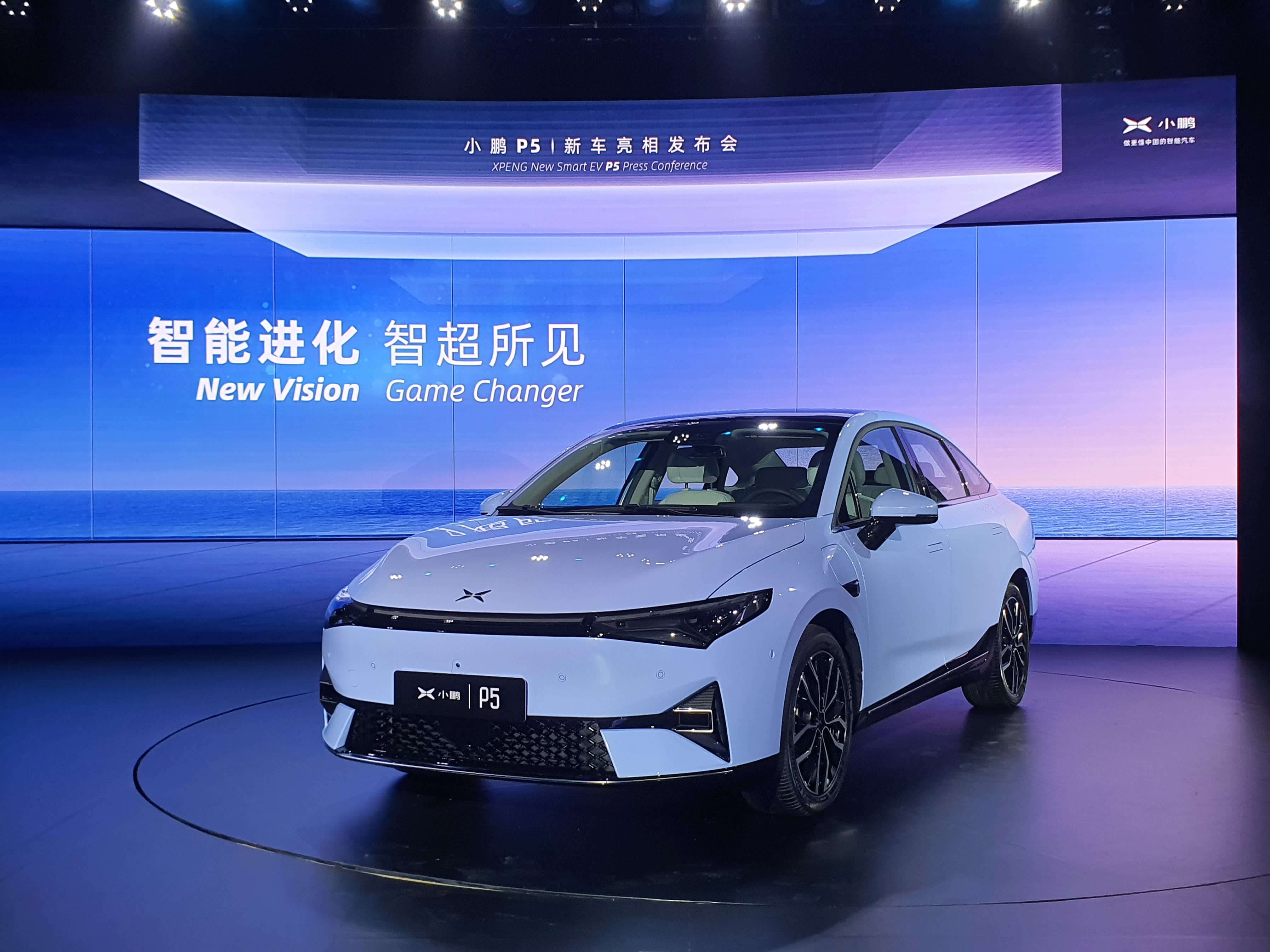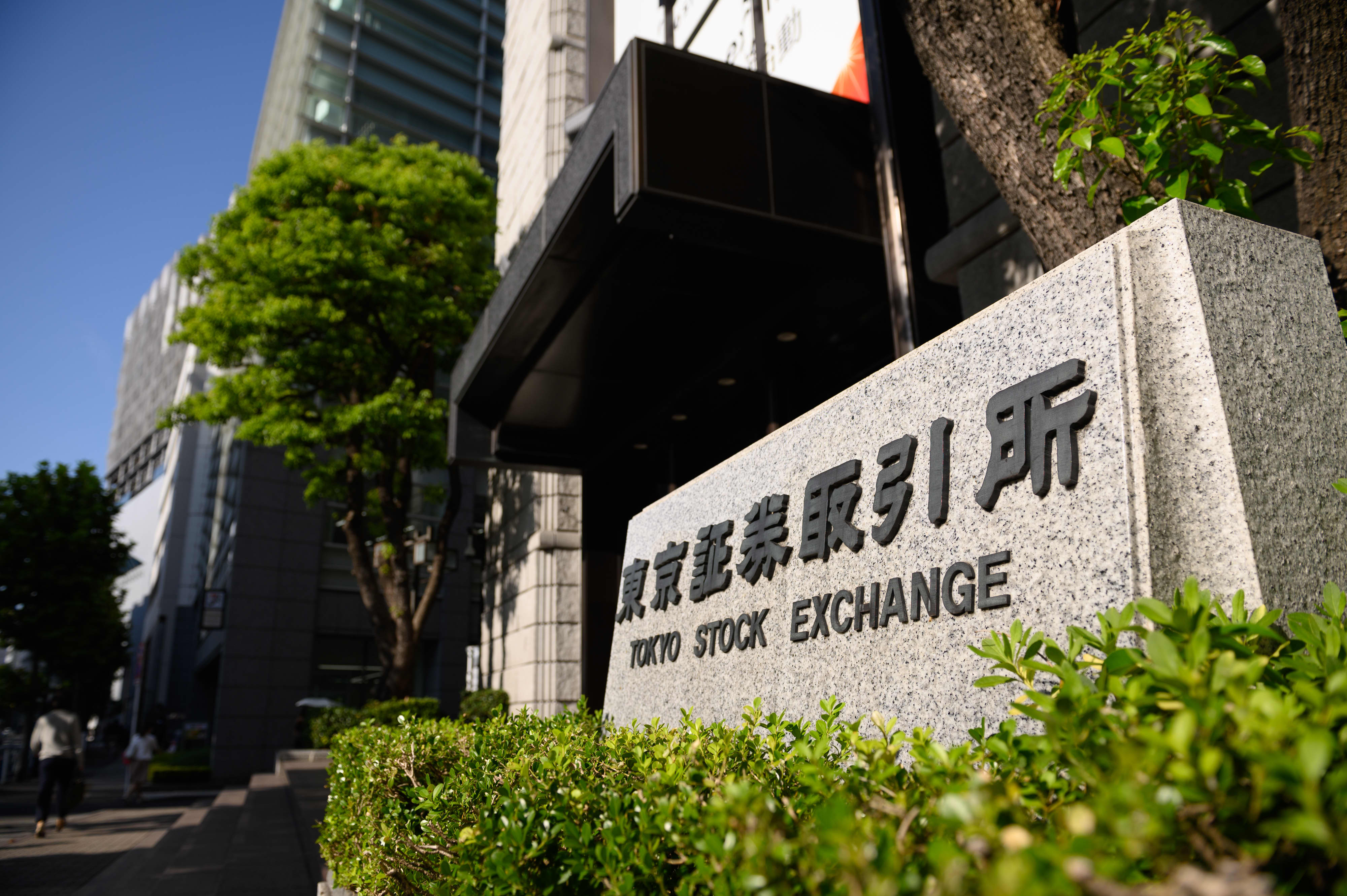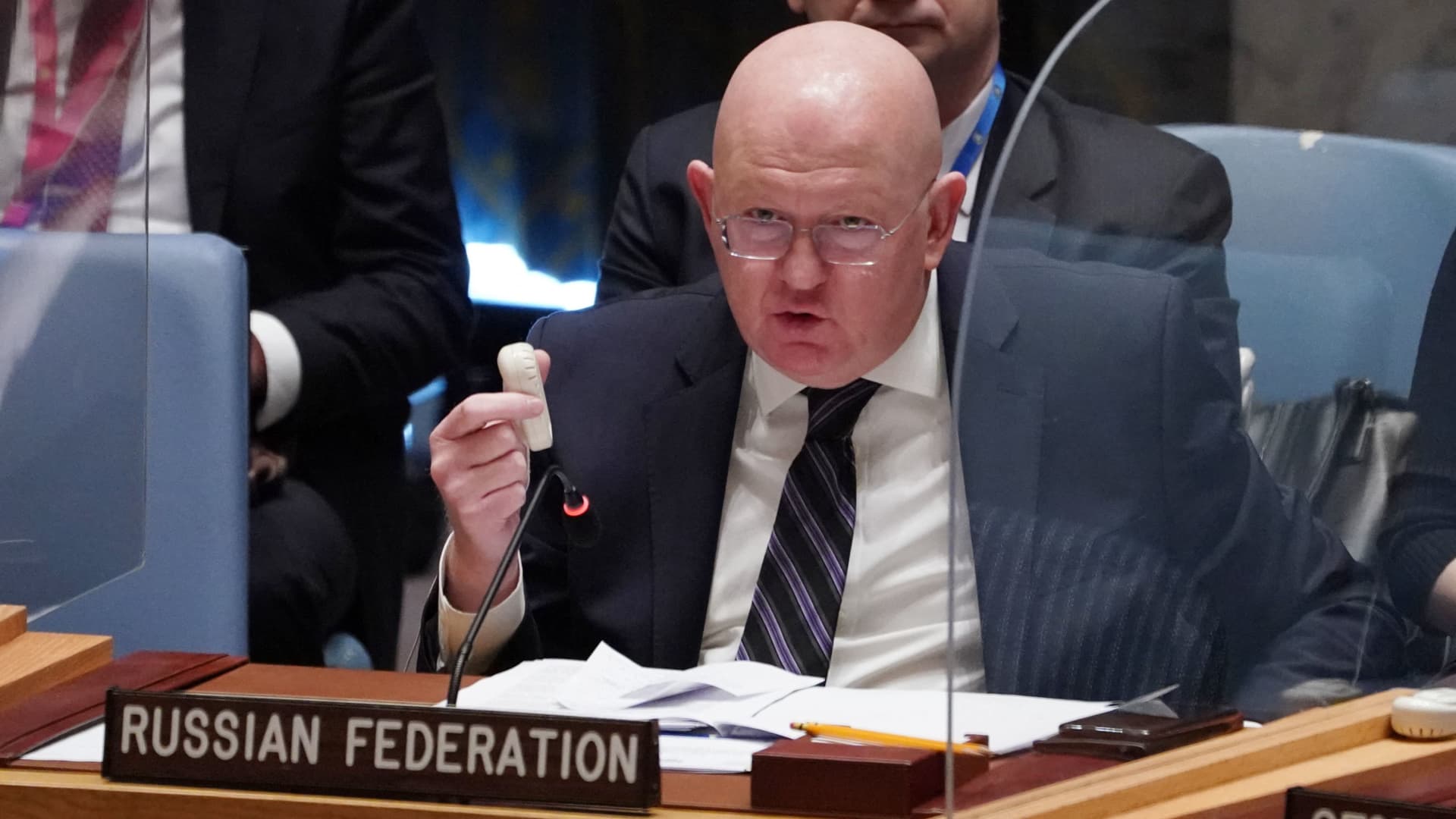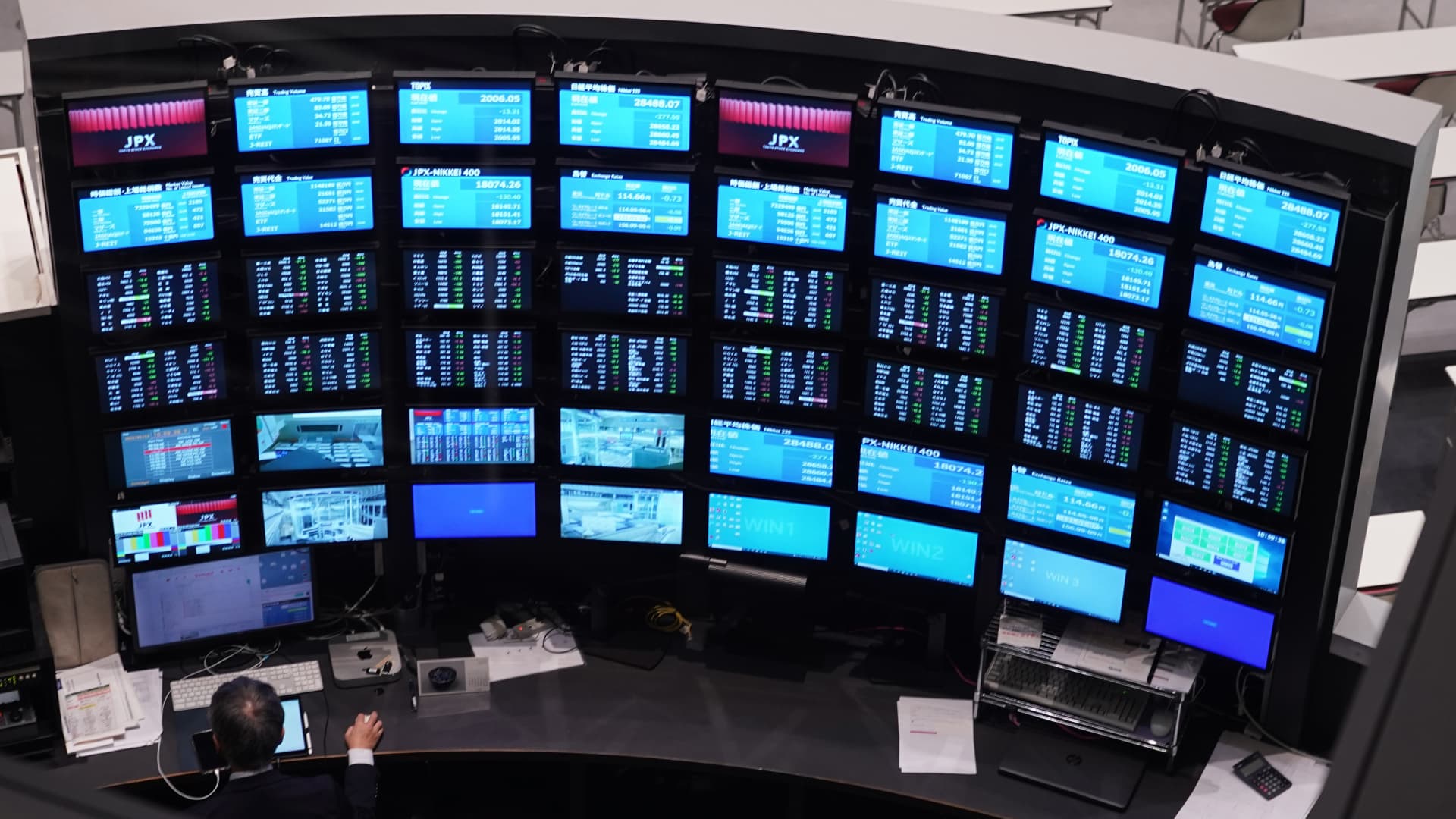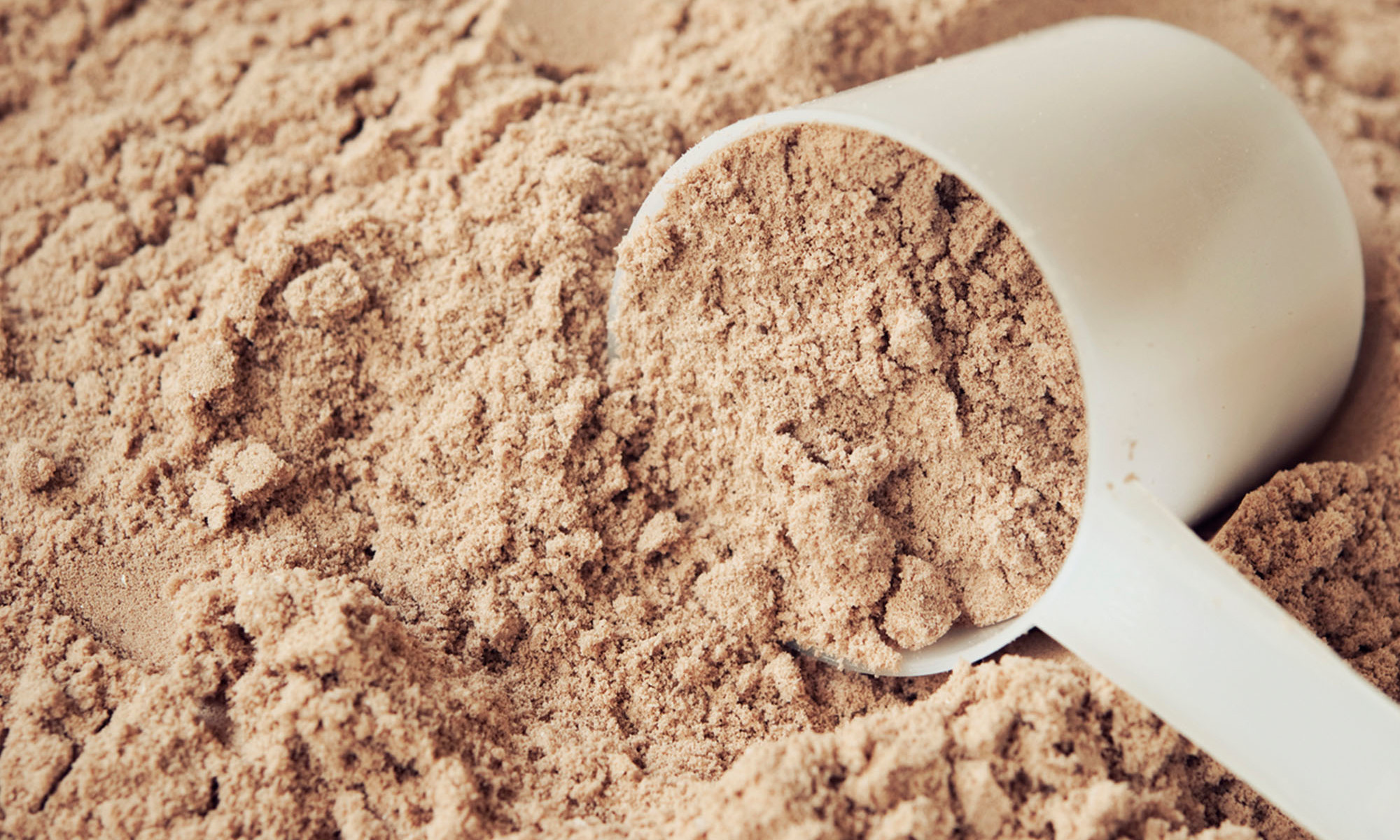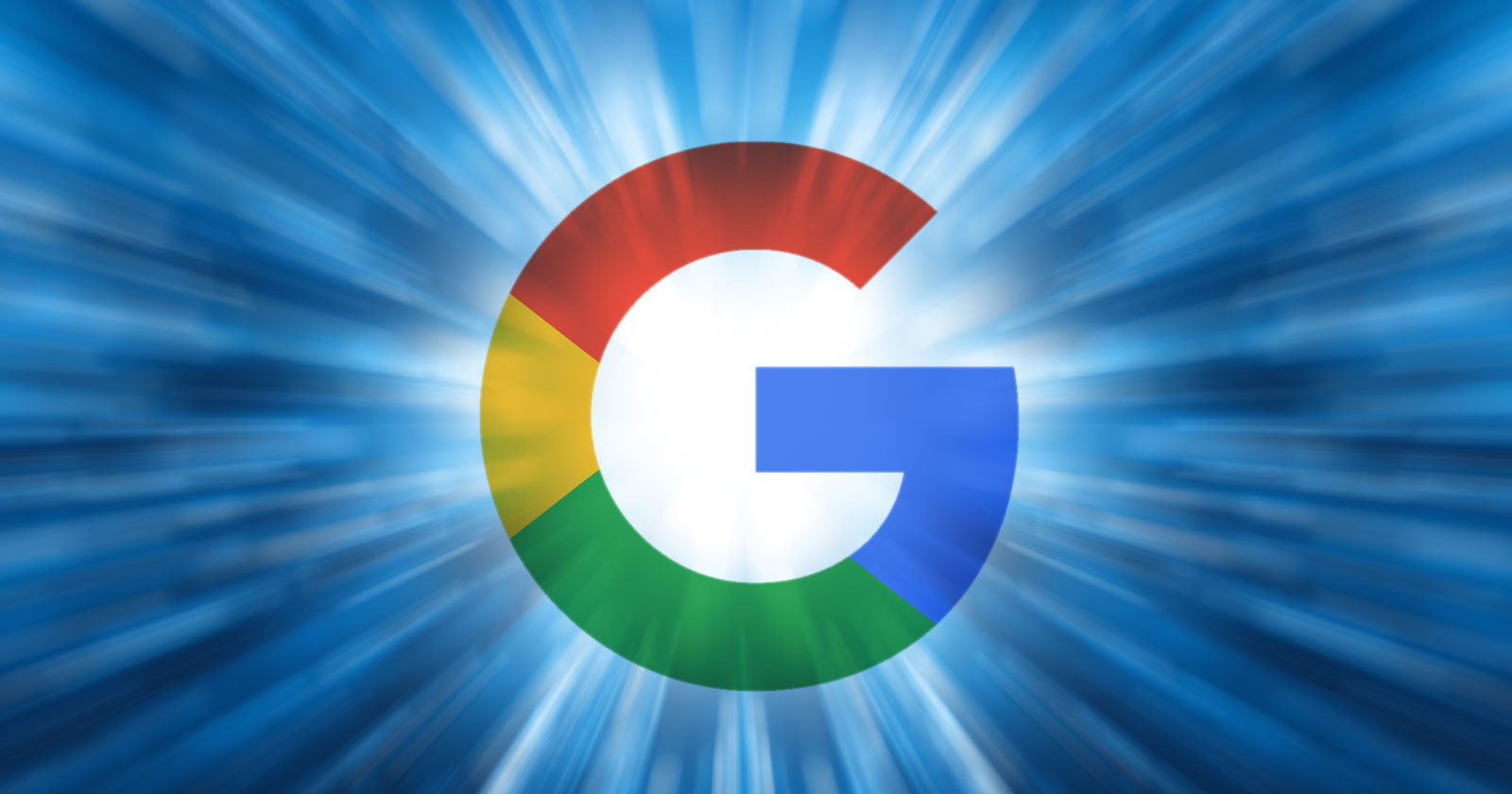SpaceX's Starlink to provide Wi-Fi on Hawaiian Airlines flights with free service for passengers
Hawaiian is the first major carrier to sign a deal for Wi-Fi from Elon Musk's SpaceX.
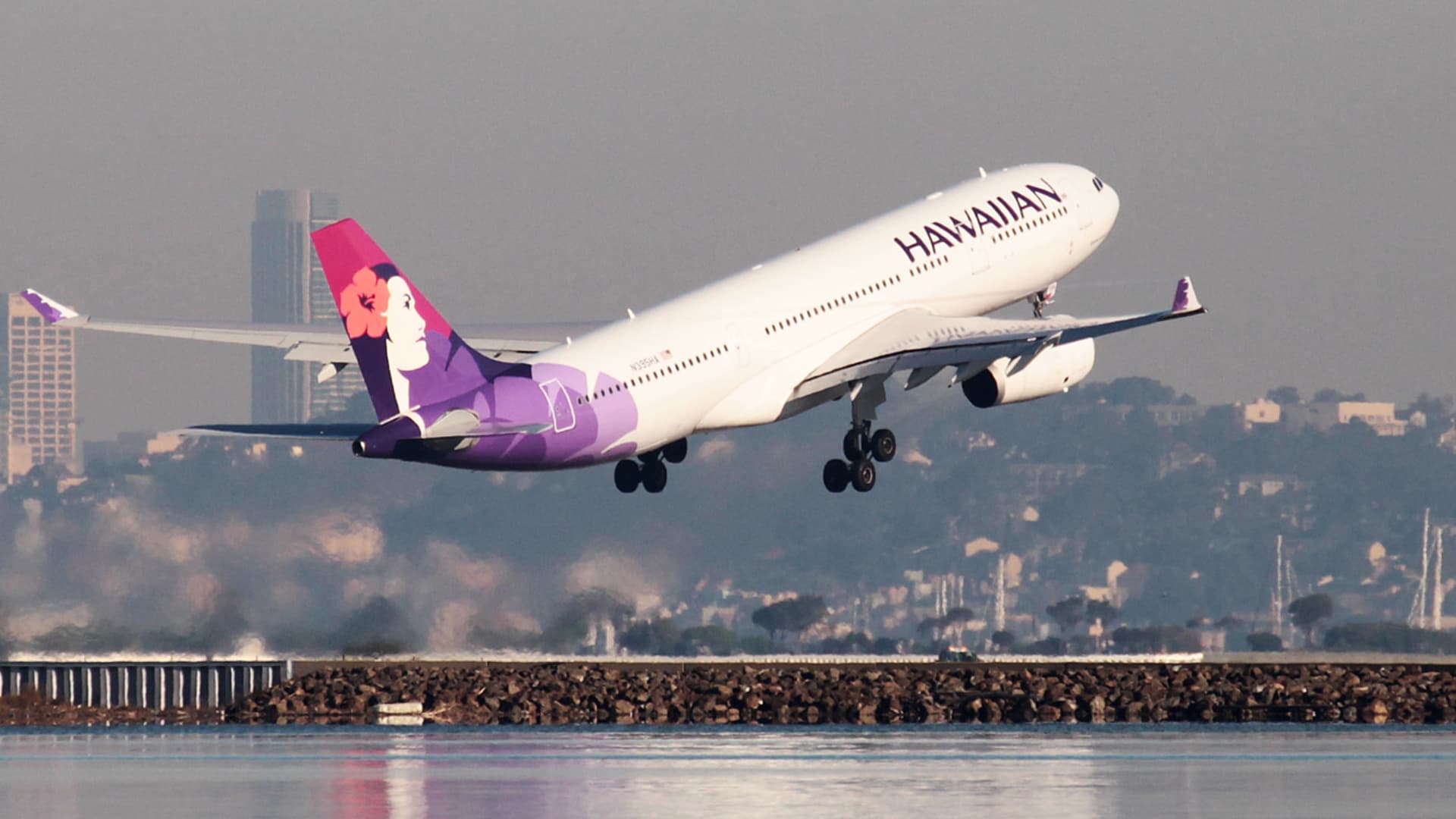
Hawaiian Airlines plane
Louis Nastro | Reuters
SpaceX will start providing wireless internet on Hawaiian Airlines flights from the Starlink satellite network as early as next year, a service the airline told CNBC it plans to offer to passengers for free.
The deal marks the first for Elon Musk's space company with a major airline. Starlink is SpaceX's network of about 2,000 satellites in low Earth orbit, designed to deliver high-speed internet to consumers and businesses anywhere on the planet.
Hawaiian's plan for complimentary connectivity with Starlink could increase pressure on rivals to offer free Wi-Fi for travelers, something currently available on JetBlue Airways. For example, Delta Air Lines CEO Ed Bastian said in 2018 that the airline wants to offer complimentary, high-speed Wi-Fi on its planes. It tested it on some flights in 2019.
The installation of Starlink terminals, also known as antennas, is expected to start next year on Hawaiian planes. The airline has yet to begin testing Starlink on an aircraft, and there are "certification issues that need to be worked through before we're ready to operate the product," Avi Mannis, Hawaiian's chief marketing and communications officer, said in an interview. "But we're confident that there's a path forward for that."
The airline declined to disclose the financial details of its deal with SpaceX.
Hawaiian doesn't currently offer inflight Wi-Fi and has an extensive network of flights over the Pacific Ocean, serving the mainland U.S., Japan, Australia and New Zealand, among other destinations, from Hawaii. It plans to offer Starlink connectivity on its flights out of its home state to cities throughout the mainland U.S. and to its international destinations.
"Historically, we've looked at our market and not seen great options over the Pacific. We actually don't have any connectivity on our fleet today," said Mannis. "The options have been improving over time, but we have waited until there was a product offering ... that we thought would live up to the expectations of our guests."
At the end of 2021, publicly traded Hawaiian had 24 Airbus A330-200s and 18 A321s. It plans to outfit its forthcoming Boeing 787s with Starlink as well. Its 717s used for intraisland flying are excluded from the deal, Mannis said.
Mannis didn't specify what internet speed SpaceX advertised that Starlink would deliver on the planes, but said that "the kinds of performance that they have been talking about and have demonstrated have been very impressive."
In a news release from Hawaiian, Jonathan Hofeller, vice president of Starlink commercial sales at SpaceX, also touted the product's performance, "Hawaiian Airlines is ensuring its passengers will experience high-speed internet the way we expect it in the 21st century, making hassles like downloading movies before takeoff a relic of the past."
Mannis, the executive at Hawaiian, emphasized that SpaceX's vision for inflight internet "is quite different" than other competing satellite broadband providers, saying the goals for Starlink are that service "should be fast, and it should be frictionless, and it should be free."
SpaceX last year said it was in contact with several airlines to provide inflight service.
Last week, semi-private charter flights provider JSX said it reached a deal for Starlink Wi-fi, the first carrier to do so. SpaceX currently has about 250,000 total Starlink subscribers, which includes both consumers and enterprise customers. Users pay $110 a month for the standard service and $500 a month for the premium tier, in addition to hardware fees.
Hawaiian is scheduled to report quarterly results after the market closes on Tuesday.

 Konoly
Konoly 







